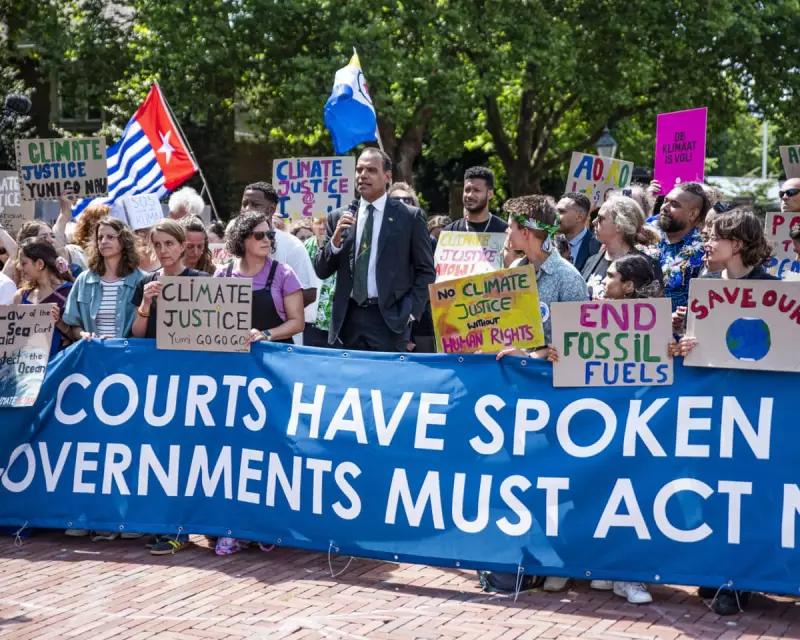
In a groundbreaking ruling, the International Court of Justice (ICJ) in The Hague has delivered a historic verdict in favour of a group of Pacific students who brought a landmark climate case against several nations. The decision marks a significant step forward in the global fight for climate justice.
A Victory for Climate Activists
The students, hailing from vulnerable Pacific island nations, argued that wealthy industrialised countries had violated international law by failing to take sufficient action against climate change. Their legal team presented compelling evidence linking rising sea levels and extreme weather events to carbon emissions from major polluters.
Legal Precedent Set
The ICJ's ruling establishes an important legal precedent, confirming that nations can be held accountable for environmental damage caused beyond their borders. Legal experts suggest this could pave the way for similar cases worldwide.
Implications for Global Climate Policy
The judgment comes at a critical time, with:
- Increasing pressure on governments to meet Paris Agreement targets
- Growing calls for climate reparations
- Mounting evidence of climate change impacts on vulnerable communities
Environmental campaigners have hailed the decision as a turning point in international climate litigation.
Student Reaction
The victorious students expressed both relief and determination. "This is just the beginning," said one representative. "We're fighting for our future and the survival of our homelands."
The case has drawn global attention to the disproportionate impact of climate change on small island nations, where rising sea levels threaten entire communities with displacement.





